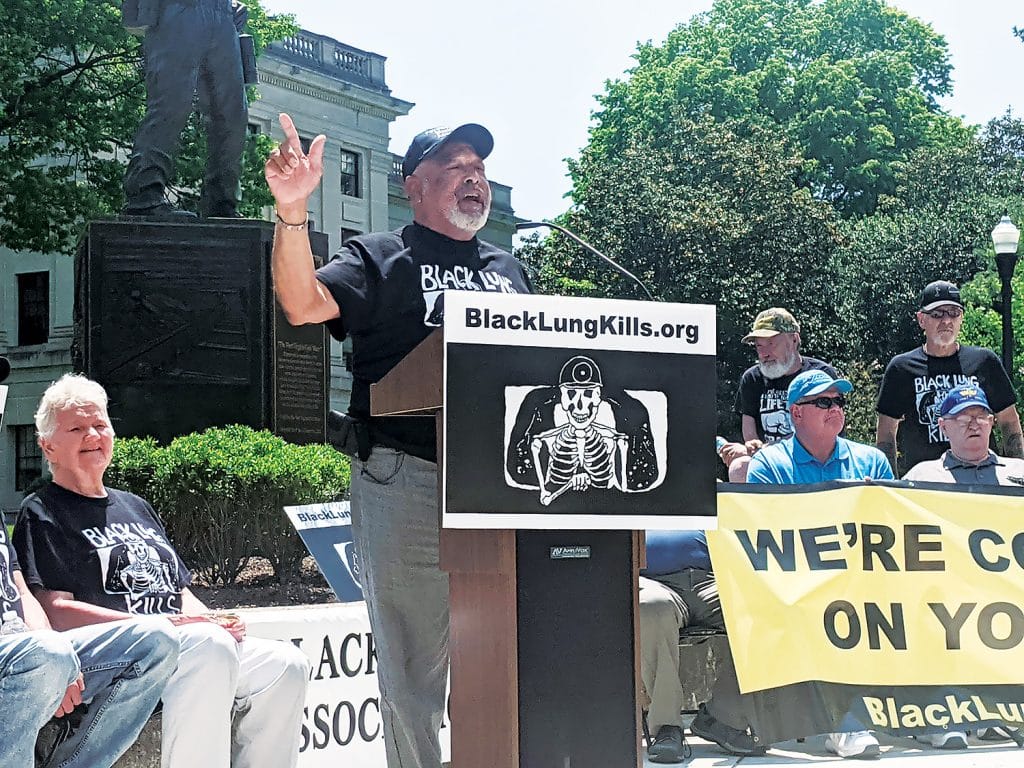Carbon Emissions to Drop Under VA Climate Plan
Virginia could cut new power plant construction — and save money in the process — under a new plan to reduce carbon emissions and promote energy conservation.
The plan emerged from the Governor’s Commission on Climate Change this November, and legislation from the planning process will be proposed at the state level in 2009.
“This is a major victory for Appalachian Voices, the Wise Energy for Virginia coalition, and other key green groups in the state who worked hard to encourage the Commission to adopt these science-based numbers,” said Tom Cormans of Appalachian Voices.
It was particularly significant that mandatory energy efficiency standards were recommended, he said.
The standards are based on the findings of an independent study on energy efficiency, conducted by the American Council for an Energy Efficient Economy (ACEEE). According to ACEEE, the state of Virginia can fairly easily reduce its electricity needs by about 20 percent, and save money in the process, by investing in energy-efficient technologies.
“Appalachian Voices has been a great advocate for the state adopting the efficiencies that ACEEE report highlights,” Cormans said.
By attending meetings, contacting commissioners, and asking people to take a hard look at the ACEEE study, Appalachian Voices and other environmental organizations have made a contribution to the debate, he said.
The problem has long been that utilities did not have an incentive to conserve energy; they could only make money by increasing electrical use. One strong recommendation in the state climate plan is for utilities to get the same rate of return for investments in efficiency as for investments in new generation.
Other states have done this, Corman noted. In fact, Virginia is near the bottom of the list on energy conservation requirements. What utilities could be doing is making money by providing home energy audits, revamping HVAC systems, installing weatherization materials, and so on.
“The critical point now is that we need to require the utilities to capture these efficiencies,” Corman said.
The commission also came close to recommending that no new coal fired power plants be built in Virginia until carbon capture and sequestration (CCS) technology can be installed. Such a recommendation might have blocked Dominion’s Virginia City power plant in Wise County, VA, which Appalachian Voices has opposed.
However, with power demand dropping nationwide during the economic recession, and with the clear prospect of saving enough energy for ten new power plants through efficiency alone, arguments about the need for the Wise power plant have already been seriously undercut.
For more information visit www.wiseenergyforva.org or www.aceee.org/press/e085pr.htm
Virginia’s climate plan recommends that the state:
– Set a goal of reducing greenhouse gas emissions to 25% below 1990 levels by 2020 and 80% below those levels by 2050
– Require energy efficiencies and conservation so Virginians use 19% less electricity in 2025 compared with 2006
– Give utilities incentives to generate15% of electricity through renewable energy by 2025.
– Adopt a state standard for biofuel
– Require green building standards, phased in over time
– Support nuclear power
Benefits of the plan:
– Cut state consumers utilities bills by $15 billion by 2025
– Create nearly 10,000 new jobs
– Create the economic impact of bringing about100 new manufacturing facilities to the state
– Cut the need for 10 coal fired power plants
Related Articles
Latest News

Leave a comment
Your email address will not be published. Required fields are marked *





Leave a Comment